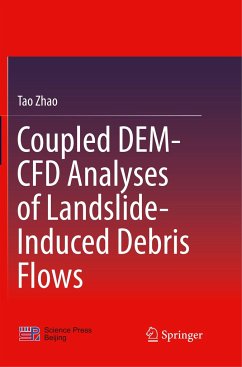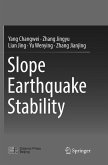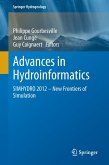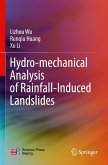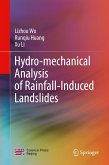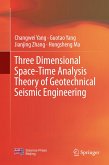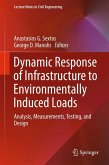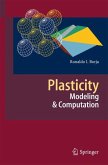This book reflects the latest research results in computer modelling of landslide-induced debris flows. The book establishes an understanding of the initiation and propagation mechanisms of landslides by means of numerical simulations, so that mitigation strategies to reduce the long-term losses from landslide hazards can be devised. In this context, the book employs the Discrete Element Method (DEM) and Computational Fluid Dynamics (CFD) to investigate the mechanical and hydraulic behaviour of granular materials involved in landslides - an approach that yields meaningful insights into the flow mechanisms, concerning e.g. the mobilization of sediments, the generation and dissipation of excess pore water pressures, and the evolution of effective stresses. As such, the book provides valuable information, useful methods and robust numerical tools that can be successfully applied in the field of debris flow research.

